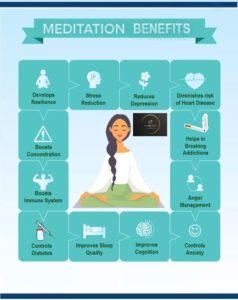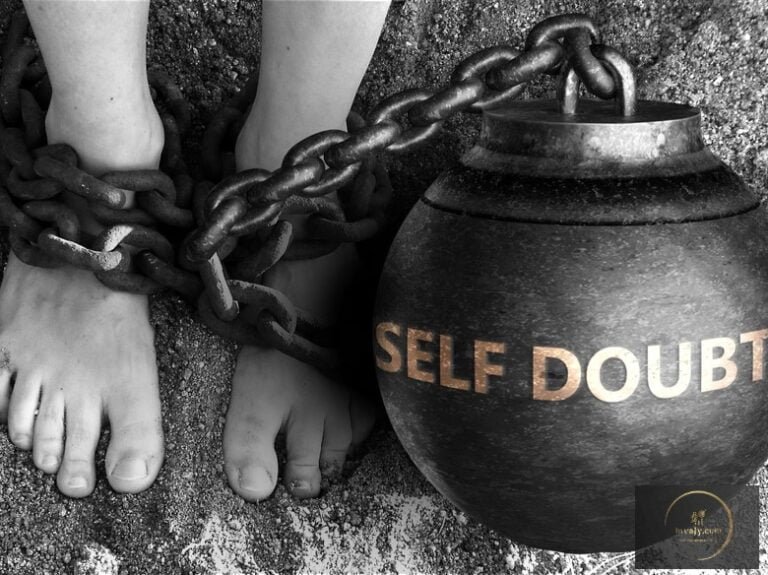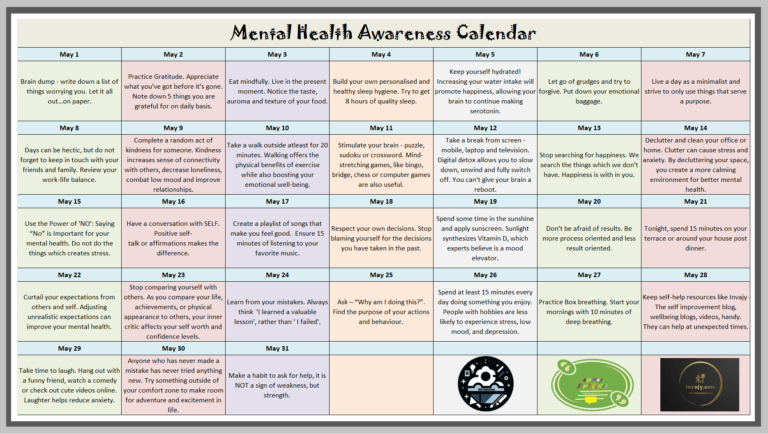How to take a Mental Health Break?
In the hustle and bustle of daily routines, with deadlines looming and responsibilities stacking up, mental health is quite often overlooked. However, just as your body needs rest, your mind too need time to recharge. When did you last pause to breathe, unwind, or clear your crowded mind? You must be wondering – What? Why? and How? In this article, I will discuss about mental health break — a deliberate and essential pause that can rejuvenate your spirits, enhance your well-being, and strengthen your resilience in the face of life’s challenges.
What is a mental health break?
A mental health break is a purposeful allocation of time; to prioritize and nurture your mental well-being. Giving yourself a mental health break involves more than stepping away from a stressful situation. It’s about actively engaging in activities that help you de-stress and recharge mentally. It can be a short mindful pause amidst a busy day or an extended period of holidays, spanning days to weeks, depending on the individual needs.

In simple words “mental health break” is all about creating a space — both physical and emotional — that allows you to step back from your regular routines, commitments, and responsibilities to focus on restoring your mental wellbeing.
The primary goal is to alleviate stress, rejuvenate the mind, and promote overall mental wellness.
Why are mental health breaks important?
Taking a mental health break can sometimes be seen as a luxury in a society that values productivity over wellbeing. However, incorporating mental health breaks into your life is crucial. Just like our physical health, your mental health needs regular care and attention. When you’re feeling stressed, overwhelmed, or burned out, a mental health break can help. Disregarding the need for mental health breaks can result in overexertion, adversely affecting both your mental/physical well-being, thereby disrupting your daily routines. Here are the reasons why taking mental health break is important:
Stress Reduction
Taking a mental health break allows the body and mind to relax; reducing the physiological and psychological impacts of stress. If we tend to ignore and do not take the time to decompress; this accumulated stress converts in to chronic stress and affect our mental and physical health in the long run. Therefore, taking breaks to reflect on our ruminating thoughts is essential.
Improved Mood and Outlook
Stepping back from the daily grind provides an opportunity to gain perspective and cultivate a more positive mindset. It can lead to a renewed sense of optimism and enthusiasm.
Energy Boost
Mental fatigue is a common consequence of continuous cognitive effort. A mental health break offers a chance to recharge, restoring energy levels and enhancing focus and productivity upon return.
Creativity and Productivity
Breaks have been shown to stimulate creativity and productivity. Engaging in activities that bring joy and relaxation can spark fresh ideas and improve problem-solving skills.
Strengthened Relationships
When we take the time to care for our mental well-being, we are better equipped to engage with others. We have the time for hanging out with our loved ones. Healthy personal connections contribute significantly to overall mental health.
Enhanced Overall Well-being
Consistent attention to mental health promotes a holistic sense of well-being. It serves as a proactive measure to prevent burnout and the development of mental health issues.
Signs It’s time to take a Mental Health Break
Recognizing the need for a mental health break is a crucial aspect of self-awareness. Here are the signs which will let you know that it’s time for a mental health break. Take a mental health break, if you are –
- Feeling overwhelmed, stressed, or burnt out.
- Not sleeping well. Having restless nights; tossing, turning, and waking up frequently.
- Struggling with constant tiredness. Fatigue that don’t go away even with adequate sleep.
- Have been trying sedatives.
- Experiencing symptoms of anxiety or depression.
- Have lost interest in and/or motivation for normal activities.
- Navigating significant life transitions such as a divorce, job loss, or bereavement.
- Coping with a chronic illness or disability.
- Simply desiring a reprieve from the daily demands and pressures.
How to Take a Mental Health Break?
Want to know how to take a mental health break? Sit back, and I will help you understand and guide about it.
Allocate Time
Dedicate specific time daily, even if it’s just a few minutes, to focus on your mental well-being. If you are not able to find time during day hours; you may get up early and set a morning ritual. During this break, no one is going to distract you and a perfect timing for a mental health break, where you will be able to spend a quality time with self.
Find a Quiet Space
Identify a serene environment, free from distractions, where you can truly relax, meditate and restore. Even, it can be a room or corner of your house, where no one is going to disturb you.
Engage in Enjoyable Activities
Choose activities that bring joy and relaxation, such as reading, listening to music, spending time in nature, or pursuing creative endeavors.
Practice Mindfulness
Be present in the moment, letting go of worries and distractions to fully embrace the mental health break.

Shed Guilt
Taking mental health break does not mean that you have any or prone to mental illness. Understand that taking a mental health break is an essential aspect of self-care. It makes you more resilient and help you manage better your emotions and feelings.
Specific Ideas for Mental Health Break Activities
Here are some of ideas for activities to be done during mental health breaks
Nature Immersion
Nature exposure has been renowned for its positive physiological and psychological benefits. Spend time outdoors, whether it’s a walk in the park, a hike in the woods, or simply sitting by a river. The immersion experience in nature stimulates the five sensory systems which increase activities in one’s parasympathetic nervous system and leads to heightened awareness, eventually resulting in a state of relaxation.

Meditation or Yoga
Yoga and meditation can help you regain mental equilibrium, reduce stress, and enhance your general well-being. Practices like mindfulness, chanting, pranayama, yoga asana or deep breathing calms the mind and body, promotes relaxation and reduces stress. You may incorporate all or few of such activities in your mental health breaks.

Creative Pursuits
Engage in creative activities that allow you to express yourself. Whether it’s painting, writing, playing a musical instrument, dancing or crafting, these outlets can be incredibly therapeutic. Such creative pursuits allow individuals to process emotions and find solace in their work.
Socialize
Socializing during a break can help improve productivity by providing a mental break and allowing us to return to work with renewed energy and focus. Socializing can help improve overall well-being by reducing stress and promoting a sense of connection and belonging. So, we may spend quality time with loved ones to strengthen connections and feel supported.
Technology Detox
“Digital Detoxing” from electronic or digital devices is often seen as a way to focus on real-life social interactions without distractions. Unplug from electronic devices to create a space for mental clarity and present-moment focus. A digital detox break can provide numerous benefits for our mental health, including improved sleep quality, reduced stress and anxiety, increased self awareness.
Seeking Professional Help
If feelings of overwhelm persist or coping becomes a challenge, reaching out to a mental health professional is crucial. A therapist can provide guidance, teach coping skills, and assist in developing a personalized mental health plan.
Tips for Taking a Mental Health Break
Here I am going to share with you few tips on how to make your mental health breaks more effective.
Be Honest about your Needs
You must be honest about your needs. As I mentioned earlier, mental health break can be as short as a mindful pause during a busy day or an extended period of holidays for weeks. If a more extended break is required, don’t hesitate to communicate and ask for support.
Don’t Overcommit
The core objective of taking a mental health break is relaxation; so resist the urge of cramming too much into your break time. Overcommitting your time and energy will keep you stuck in overwhelm. Ultimately it will result negatively in burnout. Just shut off from everything and think. Think about what is important to you. Focus on your mind and body demands and practice self-care.
Be Patient with Yourself
Adjusting to a slower pace may take time, but persistence is key. Stay committed to the process, and positive changes will follow.
Conclusion
In a world that constantly demands our attention, embracing the concept of mental health breaks is not only beneficial but essential. It’s a proactive step toward maintaining a healthy mind, fostering resilience, and achieving a balanced, fulfilling life. So, take a breath, embrace the pause, and let the power of mental health breaks guide you towards a more resilient and flourishing future.







